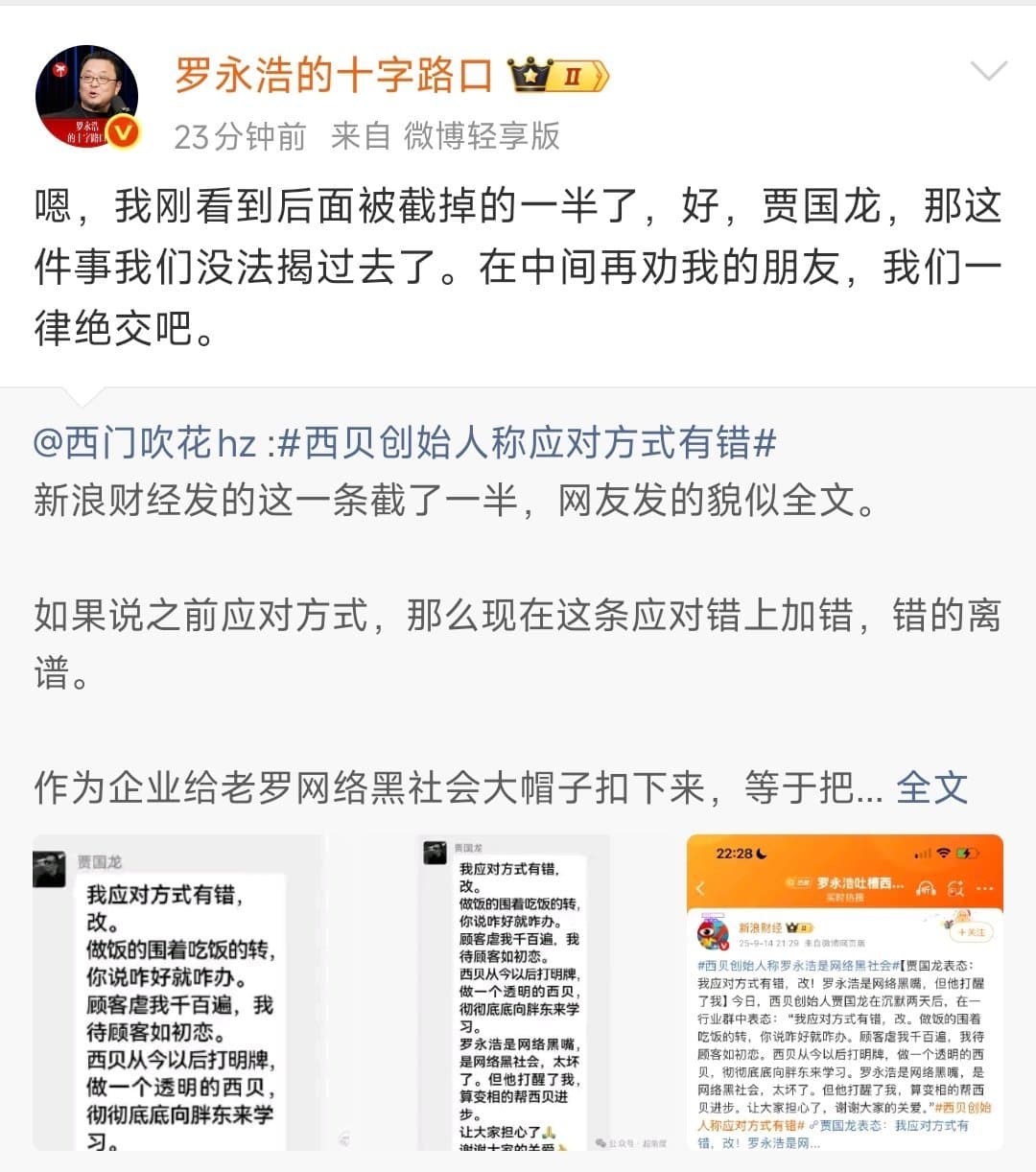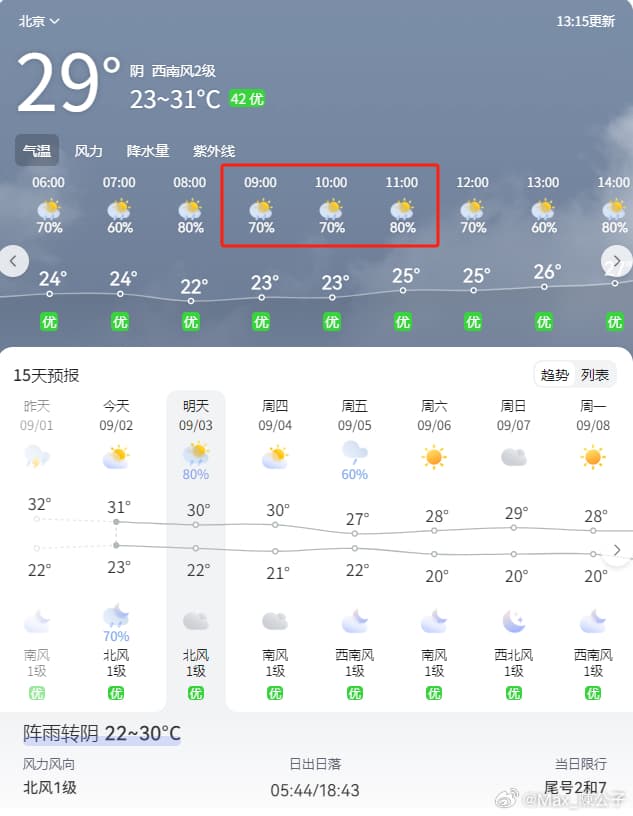Can TikTok Bounce Back from the Xiaohongshu Surge?
The sudden influx of American users on Xiaohongshu, a Chinese social media platform, has sparked a heated debate about the fate of TikTok. Many of these new users, who have dubbed themselves "TikTok refugees," have flocked to Xiaohongshu in search of a new online community. But what does this mean for TikTok, and can the platform recover from this mass exodus?

15 January 2025
According to some experts, the popularity of Xiaohongshu among American users may be a temporary phenomenon. "TikTok still has a strong global influence and a robust product," says one analyst. "If the US policy towards TikTok becomes more relaxed, it's possible that users will return to the platform." However, others argue that the damage has already been done, and that TikTok's loss of users will be difficult to reverse.
One user on Xiaohongshu noted that even if TikTok is banned, influencers and content creators will simply migrate to other platforms. "These platforms already have a strong user base and functional advantages," the user wrote. "TikTok will face a significant loss of users and creators, and it's unclear if it can recover."
Despite the uncertainty surrounding TikTok's future, some users remain optimistic. "I think there's still a chance for TikTok to bounce back," wrote one user on Xiaohongshu. "After all, it's already become an integral part of many young people's lives."
This cultural collision is evident in the vastly different aesthetics and tastes of the two groups. Xiaohongshu has traditionally been known for its more subdued and refined content, often featuring delicate makeup tutorials, elegant fashion spreads, and meticulously curated travel photos. In contrast, the new wave of American users has brought with it a more exuberant and flamboyant style, with bold fashion statements, edgy beauty trends, and unapologetic displays of individuality.
As one user noted, "I opened Xiaohongshu and was shocked to see my feed taken over by foreigners... I felt like I was back on TikTok!" This comment highlights the jarring cultural contrast between the two platforms, and the unease that some Xiaohongshu users have felt as their online community is suddenly infiltrated by outsiders.

However, this cultural collision also presents an opportunity for cross-cultural exchange and understanding. As Xiaohongshu becomes an increasingly global platform, it has the potential to break down cultural barriers and foster greater communication and empathy between Chinese and American users. Whether this will ultimately lead to a more harmonious and inclusive online community remains to be seen, but one thing is certain: the "invasion" of Xiaohongshu by American users has shaken things up and presented a unique moment for cultural exchange and growth.
Despite Xiaohongshu's explosive popularity, experts believe that TikTok still has a chance to regain its footing. With massive influence globally, a strong product foundation, and possible changes in the US court's ruling, the app could still attract users to return if policies ease up. However, if TikTok faces a ban, it risks losing users and content creators to other platforms that have established functions and user bases. This potential exodus could deal a significant blow to the platform's market share.
The situation highlights the complexity of the social media landscape, where platforms are constantly evolving and users are increasingly global. As authorities worldwide grapple with the implications of this shift, they must focus on accommodating the diverse needs and preferences of online users, rather than trying to restrict specific platforms.
As thousands of American users flocked to Xiaohongshu in response to the US government's proposed ban on TikTok, they brought with them their unique cultural practices and preferences. One phenomenon that caught the attention of Chinese users was the "cat tax" – a trend where users would share photos of their feline companions, showcasing their purebred features. However, what struck many as peculiar was the absence of the American Shorthair breed, one of the most iconic and ubiquitous cat breeds in the United States.
This cultural divergence might seem trivial at first, but it speaks to a deeper distinction in cat ownership and pet culture between the two nations. In the US, the cost of owning a purebred cat can be prohibitively expensive, with prices for a high-quality cat easily reaching into the thousands of dollars. This drives many Americans to opt for adopting rescues instead, a choice that not only allows them to provide a loving home but also comes with significantly lower costs.
In contrast, in China, a strong affection for pets and willingness to invest in their well-being have led to a thriving market for luxury pet products. This cultural difference reflects a broader distinction in values, with the US emphasizing practicality and financial responsibility, whereas in China, there is a greater willingness to indulge in luxury goods and services.

As the situation continues to unfold, one thing is clear: the battle for social media supremacy has become increasingly global, with Chinese and American platforms vying for dominance. Whether TikTok can recover from this setback remains to be seen, but one thing is certain – the social media landscape will never be the same again.
Comments

Share this article
Related Articles

Xi Jinping Elevates Cybersecurity to Core National‑Security Pillar, Driving China’s Quest for a Cyber Superpower
By Trending on Weibo
News & Politics
15 Sept 2025

Luo Yonghao vs. Xibei: Celebrity Entrepreneur Sparks Media Storm Over Pre‑Made Dishes and Calls for Transparency
By Trending on Weibo
News & Politics
15 Sept 2025

Weibo Celebrates Autumn Harvest as China’s Fields Become the Nation’s Most Beautiful Canvas
By Trending on Weibo
News & Politics
15 Sept 2025
China Enacts First Comprehensive Rental Regulations to Legalize and Stabilize the Rental Market
By Trending on Weibo
News & Politics
15 Sept 2025

Beijing’s Weather Emerges as a Barometer for China’s Climate Policies and Public Life
By Trending on Weibo
News & Politics
13 Sept 2025


